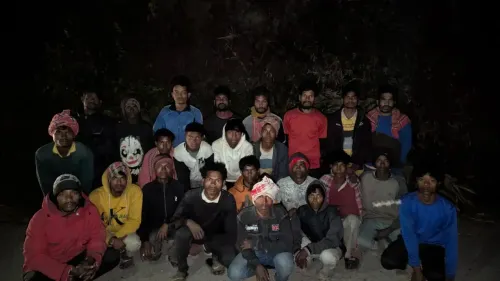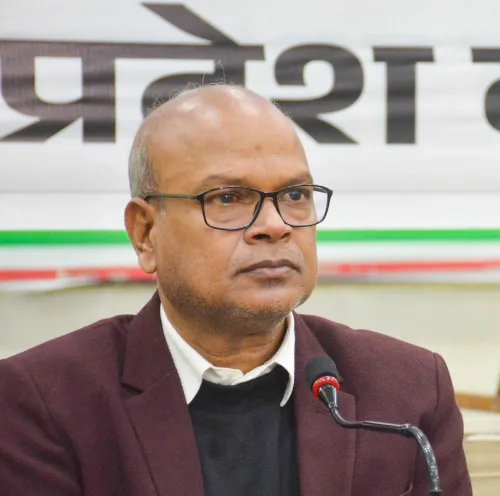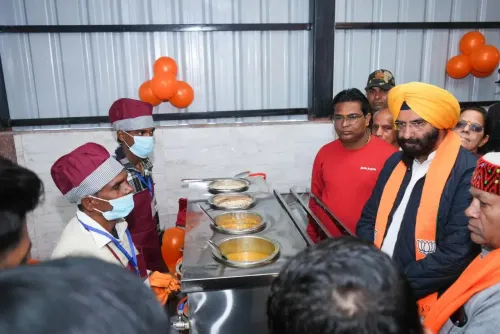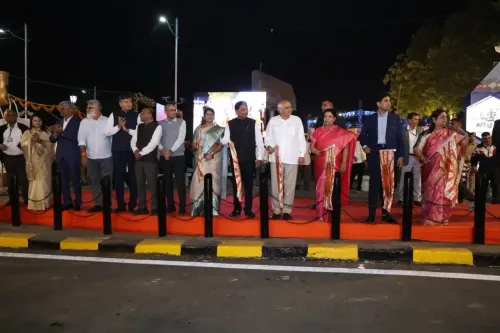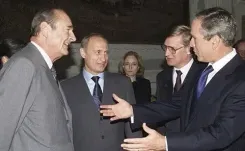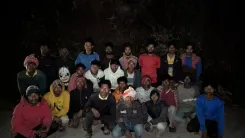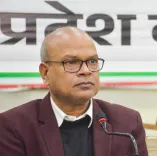Does the Malegaon verdict confirm that the ‘saffron terrorism’ narrative was a Congress conspiracy?
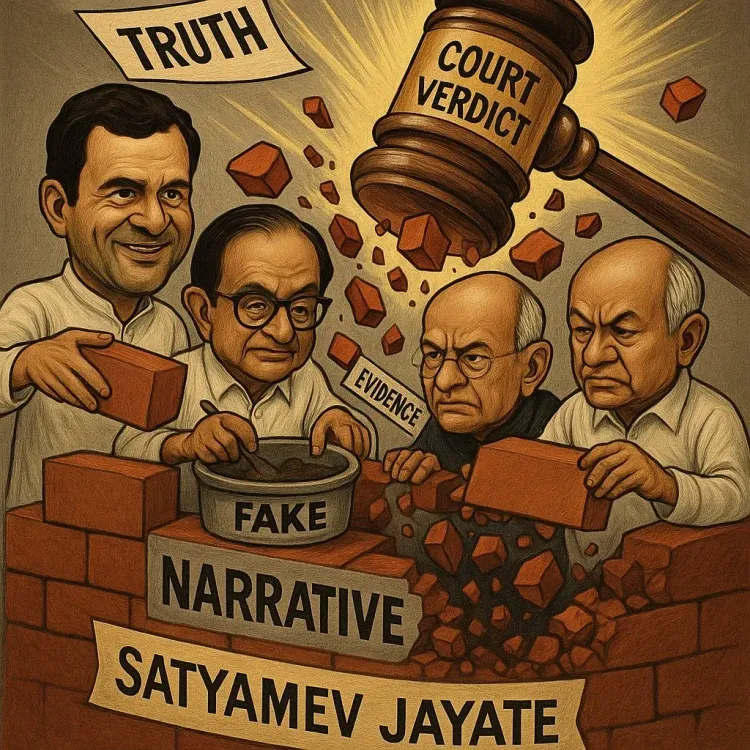
Synopsis
Key Takeaways
- The NIA court acquitted all accused in the Malegaon blast case.
- Santosh Suman criticized the Congress for its narrative of saffron terrorism.
- The case spanned over 17 years and was marked by controversies.
- The verdict is viewed as a victory for truth and justice.
- Political narratives can greatly influence public perception and community relations.
Patna, July 31 (NationPress) The National President of Hindustani Awam Morcha Secular (HAMS) and Bihar Minor Water Resources Minister Santosh Kumar Suman expressed strong discontent regarding the recent acquittal of all defendants in the 2008 Malegaon blast case. He termed this decision as a total failure of the Congress-driven narrative of 'saffron terrorism'.
Speaking to reporters in Patna, Suman stated that the judgment from the special National Investigation Agency (NIA) court, which cleared all seven accused, including BJP MP Sadhvi Pragya Thakur, has unveiled the alleged political conspiracy orchestrated by the Congress-led government to tarnish the reputation of the majority community.
“The Malegaon blast case, which spanned 17 years, has concluded with the court's ruling of acquittal due to insufficient evidence. This verdict has shattered the Congress's constructed narrative of 'saffron terrorism',” Suman remarked.
The individuals declared not guilty include Sadhvi Pragya Singh Thakur (BJP MP), Lt. Col. Prasad Purohit, Ramesh Upadhyay, Ajay Rahirkar, Sudhakar Chaturvedi, Sameer Kulkarni, and Sudhakar Dhar Dwivedi.
The tragic Malegaon blast occurred on September 29, 2008, resulting in the deaths of six individuals and injuring approximately 100 others.
During this period, a Congress-led UPA government held power at the national level.
The Bihar Minor Water Resources Minister highlighted that Judge A. K. Lahoti emphasized the NIA's inability to substantiate the charges with adequate evidence.
Santosh Suman accused the Congress of initiating the 'saffron terror' narrative to distract the public from numerous Pakistan-backed terrorist attacks that occurred during their governance.
“Rather than addressing the issue of Pakistan-sponsored terrorism, the Congress opted to shift the conversation by fabricating the idea of 'Hindu terrorism'. This was a conspiracy against not just individuals but an entire community,” he claimed.
Santosh Suman celebrated the verdict as a triumph of truth and justice, urging political entities to refrain from fostering communal divisions for electoral advantages.


